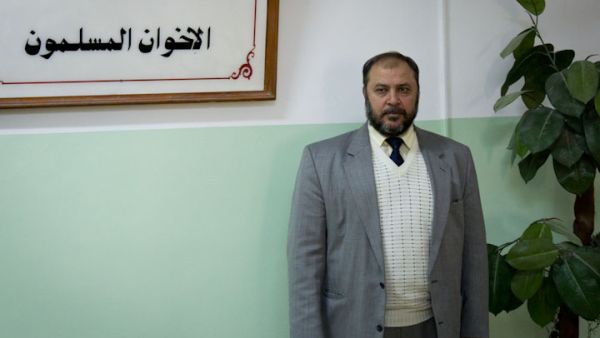Jordan’s elections have been mired in allegations of vote buying and corruption, with two candidates arrested for their part in the process and many others under suspicion.
The Muslim Brotherhood, the Kingdom’s main source of opposition, has boycotted the voting because of the dirty tactics, despite previously sitting on the fence on whether to participate or not. They claim the corruption goes further than anyone has yet realized. We spoke to Zaki Bani Rashid, deputy head of the Brotherhood in Jordan on the eve of the election results.
“It’s a disgrace in terms of a political system,” he tells us, adding, “the power should be for the people and through the current methods they can’t get any power, which is why we boycotted.”
Prime Minister Abdullah Ensour tried to engage in dialogue with the Brotherhood to get them back within the political system in November but so far they have refused.
“We tried working within the system multiple times and it was a complete failure”, Zaki says, “The worst laws that were implemented were when we were in Parliament and the best were implemented while we were in the streets”, he adds.
The Islamic party has done well out of the recent spate of protests in the Kingdom. While their previous demonstrations were low on attendance and received almost no media coverage, after the gas price hikes and unrest about corruption, their support base has widened significantly.
Yet they insist on keeping out of Parliament, despite the new 2-vote-law in this year’s elections that allow parties, rather than individuals to increase their power.
“Fraud still exists”, Zaki says, “in terms of voting cards, it has been proven that people are tampering with them.”
The deputy head claims that there are 450,000 names registered on the electoral database that are officially dead. Mr. Rashid says this information comes direct from the ID card officials responsible for registering the names.
It’s a bold claim and one they have made several times before. In 2010, the Brotherhood published a document alleging voter fraud and again in 2012.
According to Zaki, the information from the 2010 publication got through to the head of the independent commission.
“He couldn’t do anything about it. He threatened to resign but the intelligence services told him they didn’t care if he did,” he says.
European Union chief election observer in Jordan, David Martin, strongly disputes the claims:
“Even if there were that many people, the way that the polling stations work mean they wouldn’t be able to do it,” he said, adding:
“Some people have been registered without their knowledge but that’s often because a family member will register on behalf of others in the same family.”
The Brotherhood is a regional organization and although each country has its own quirks, Zaki says they are very much connected to the party in Egypt, currently running the African nation.
Jordan’s version has a long way to go before garnering the same level of support as in Egypt and most ordinary Jordanians worry about Islamic law being instigated in the Kingdom.
Even the Egyptian Muslim Brotherhood apparently asked their Jordanian counterparts to take part in the 2013 elections but Zaki and his team are holding fast to their policy. For them, it’s a case of massive changes to the constitution and the Election Law or nothing.
By Helen Brooks and Salem Husseini
What do you think about the claims? Is the election an important one or have the vote buying and fraud allegations discredited them?







